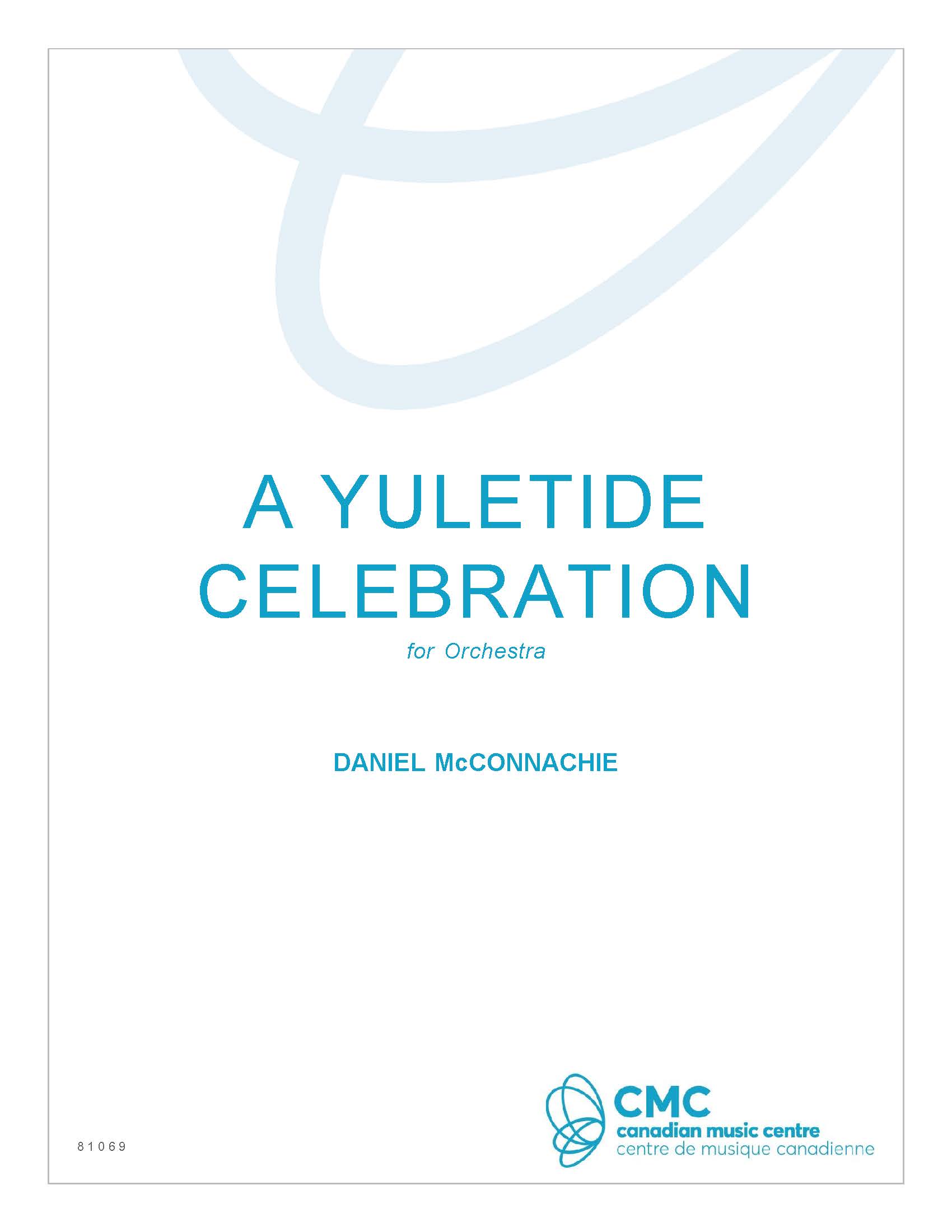« A Yuletide Celebration » opens with the Christmas tradition of ringing bells that mark this special day and with a hint of what is to follow. This celebratory opening leads to the carol « Here We Come A-wassailing. » A traditional Christmas and New Year carol, it is sung while wassailing from door to door singing seasonal carols, wishing good health, and exchanging gifts. The wassail bowl, filled with the drink of choice and spices, was an important feature of early Yule celebrations and was to be shared with the well wishers who appeared at your door to wassail you and your family. The next featured carol, « Deck the Halls, » is a traditional Welsh melody with lyrics added by Thomas Oliphant in 1862. Christmas as we currently celebrate it, is very much a Victorian era construct. This carol implores one to prepare the home for its celebration. « God Rest You Merry, Gentlemen » follows this and should be played with conviction. It presents a case for the celebration of the season and the comfort and joy it brings. The following carol, « The Wexford Carol, » is of 15th century Irish origin. It provides a lyrical contrast to the previous carols while making reference to the nativity scene itself. « The Holly and the Ivy, » a carol with medieval roots, is featured next. The lyrics make reference to the medieval association between these plants and Christmas. Both plants have pagan symbolism as well and were important to the Celtic druids and their celebration of the Winter Solstice or Yule. The work concludes with « Joy to the World » written in 1719 by Isaac Watts and set to the music we know by Lowell Mason in 1868. It is a celebratory work that is currently the most published Christmas Carol in the world. It is a joyful conclusion to this work.

